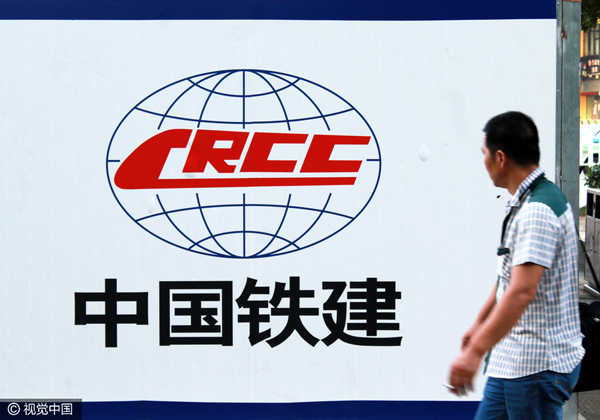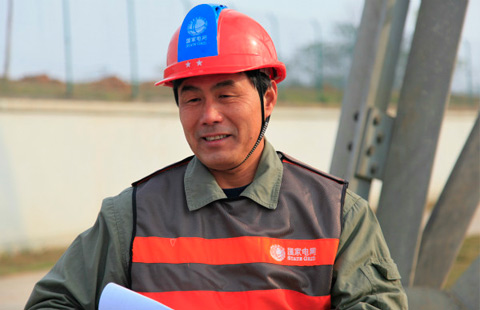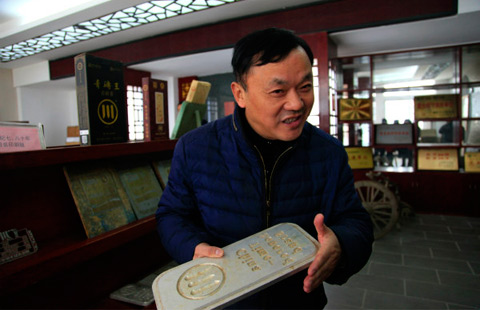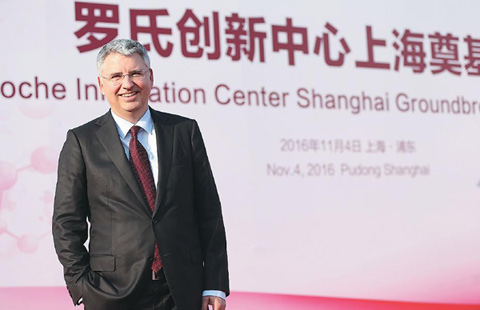CRCC nets contract for Qatar stadium
 |
|
A man walks past a poster with the logo of China Railway Construction Corp in Nanjing, Jiangsu province, Aug 15, 2016. [Photo / VCG] |
China Railway Construction Corp, one of the country's two biggest rail construction contractors by revenue, won a contract to build a stadium for Qatar's World Cup in 2022, the State-owned company announced on Wednesday.
The company will form a joint venture with Qatar-based HBK Contracting Co as main contractor for the stadium in Lusail, a coastal city in Qatar. CRCC will hold 45 percent of the shares in the venture.
The construction period is scheduled for 40 months, and the contract value is $767 million.
The stadium will be used as a main venue to host the opening ceremony, games, finals and closing ceremony, according to Qatar's 2022 FIFA World Cup organizing committee.
"This is the first time for a Chinese infrastructure project provider to build a World Cup venue," said Zhuo Lei, chairman of CRCC International Ltd, a subsidiary of CRCC.
In comparison with Beijing's 91,000-seat National Stadium, known as the Bird's Nest, the 92,000-seat stadium in Lusail is designed to be the world's largest membrane-structure building, incorporating 45,000 square meters of membrane. About 100,000 metric tons of steel will be used during the construction process.
"Even though it is still unclear whether the Chinese men's national football team can take part in the World Cup in 2022 or not, we are fairly certain that the World Cup 2022 will not lack Chinese elements with our construction work," CRCC said on its WeChat account.
Wang He, vice-president of the China International Contractors Association, which helps Chinese companies with construction business abroad, said Chinese stadium contractors need to pay special attention to the high expectations of their foreign clients, which sometimes struggle to find suitable service providers for their stadiums afterward.
"The service business on these projects can also generate handsome financial returns in the long-term run, because most stadiums are losing money as a result of high utilities and maintenance costs," he said.
Eager to enhance their earning ability, other Chinese construction companies, including China State Construction Engineering Corporation and Shanghai Construction Group, have already offered services from construction to low-cost service solutions for stadium maintenance in the Middle East, Africa, Central Asia and Southeast Asia.

















